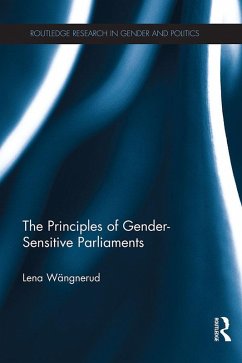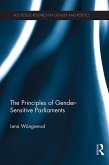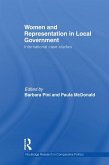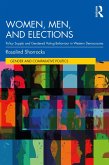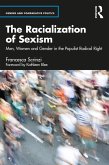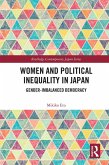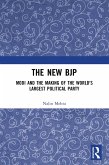Using Sweden as a case study, a country where the number of women elected to the national parliament has steadily risen since the 1970s, Lena Wängnerud presents a novel approach on which characteristics inside a parliament help translate physical representation into substantive representation for women. Using three guiding principles: (i) the implementation of equal opportunities for women and men to influence internal parliamentary working procedures; (ii) the creation of room for women's interests and concerns on the political agenda; and (iii) the production of gender-sensitive legislation, Wängnerud shows what are the necessary conditions for women's needs, interests, and concerns to be adequately integrated into parliamentary processes.
The Principles of Gender-Sensitive Parliaments book adds fuel to all these classical debates within the field of political representation and will bring attention to a wider audience on why electing women matters.
Dieser Download kann aus rechtlichen Gründen nur mit Rechnungsadresse in A, B, BG, CY, CZ, D, DK, EW, E, FIN, F, GR, HR, H, IRL, I, LT, L, LR, M, NL, PL, P, R, S, SLO, SK ausgeliefert werden.
"This excellent book turns the usual, unanswerable question, "Do women make a difference in politics", into empirically answerable questions of the conditions for gender-sensitive parliaments."-Drude Dahlerup, Stockholm University Sweden.

